EUMAM MOZ receives visit of US delegation
Mozambique: Parliament approves declaration of state of emergency – Photos
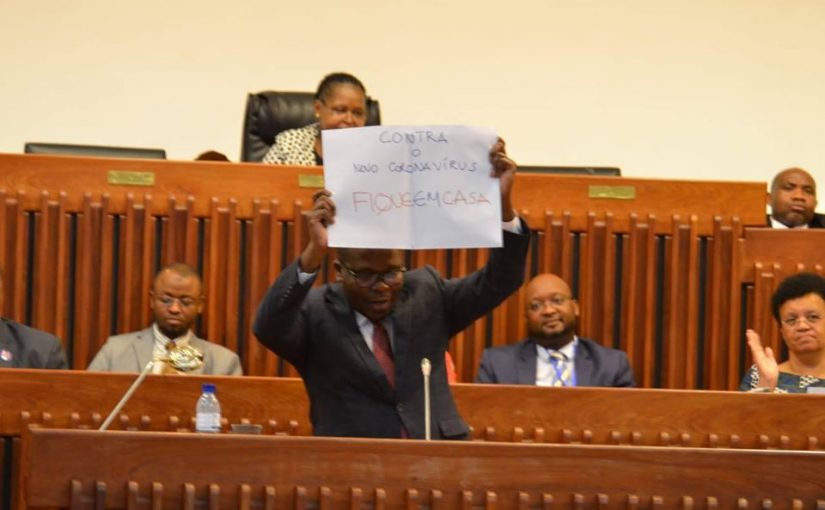
All photos: Sócrates Melo / Facebook
Mozambique’s parliament has approved the declaration of a state of emergency announced on Monday by the country’s president, Filipe Nyusi, to be in force during the month of April to contain the Covid-19 respiratory disease pandemic.
The declaration was unanimously approved by all 208 members of parliament present at Tuesday’s session, out of the 250 that make up the parliament.
The measure will be in force for 30 days, from midnight (11 p.m. in Lisbon) on 1 April until the end of the month.
It is the first time that the Mozambican parliament has pronounced on a declaration of a state of emergency.
The minister of justice, constitutional and religious affairs, Helena Kida, presented the content of the presidential decree imposing the state of emergency, a text with eight articles, agreed among the parliamentary benches.
The state of emergency covers the restriction of movement, announced on Monday by the president, but this restriction will only be triggered provided there is an exponential increase in cases of contamination, the law stated.
Mozambique has officially eight registered cases of infection by the new coronavirus, with no deaths, so the head of state considered that the measures in place are proportional to the situation.
Besides the closure of schools, suspension of visas and discouragement to the agglomeration of people measures already applied since 23 March, from Wednesday onwards all public and private events, including religious cults, will be banned and entertainment establishments should be closed or reduced.
The criteria for compulsory quarantine are also reinforced: it will now apply to all persons who have recently travelled abroad or who have had contact with confirmed cases of infection – and those who do not comply will now have to comply with home confinement.
The law also provides for the imposition of confinement in a health unit for therapeutic purposes.
Monitoring prices of essential goods and pandemic prevention, redirecting the industrial sector to the production of consumables needed to prevent the pandemic, introducing job rotation (or other forms of organization) and ensuring the implementation of prevention measures in all institutions, public or private and passenger transport, are still on the list of measures announced by the Mozambican President and now turned into law.
Sustainable political, fiscal and monetary measures to support the private sector are also planned.
With the state of emergency, it will also be possible to limit entries at the borders, through their partial closure, and they will remain open to goods, health cases and state affairs.
The possibility of using geolocation to know the whereabouts of a person in real-time is also foreseen.
As part of the Covid-19 containment, health or similar services may be required, and the state of emergency allows the defence and security forces to intervene in case of need.
The new coronavirus, responsible for the Covid-19 pandemic, has already infected more than 828,000 people worldwide, of whom more than 41,000 have died. Of the cases of infection, at least 165,000 are considered cured.


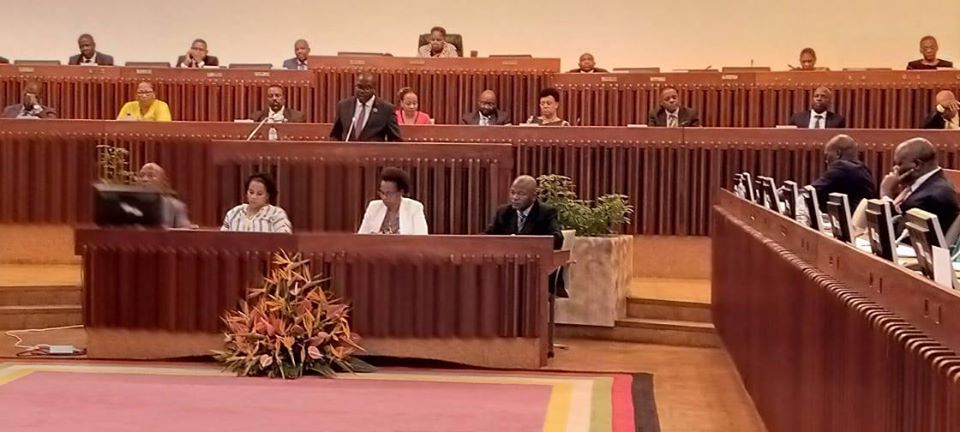
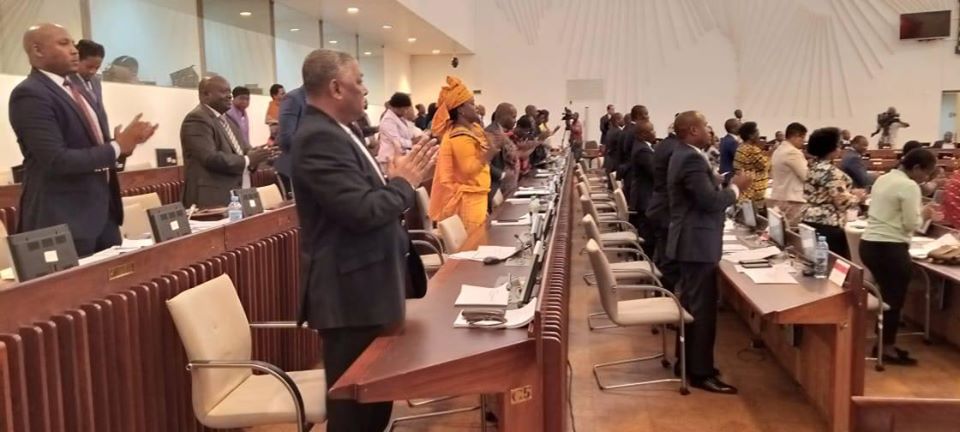
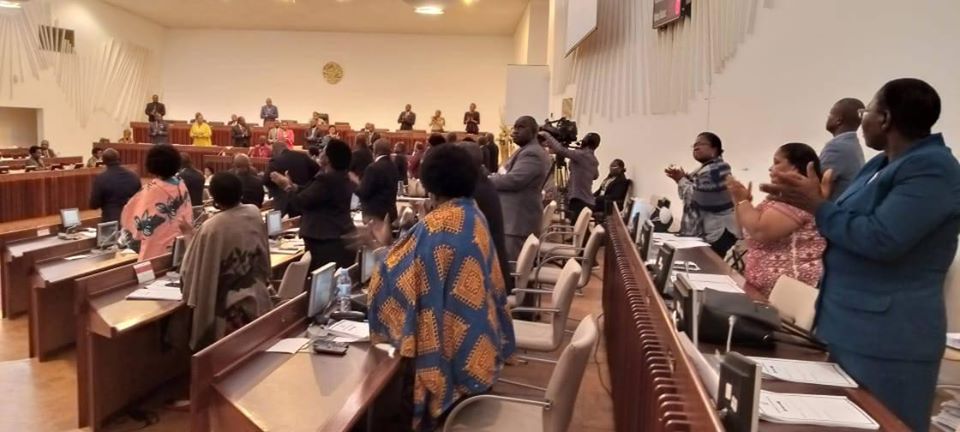
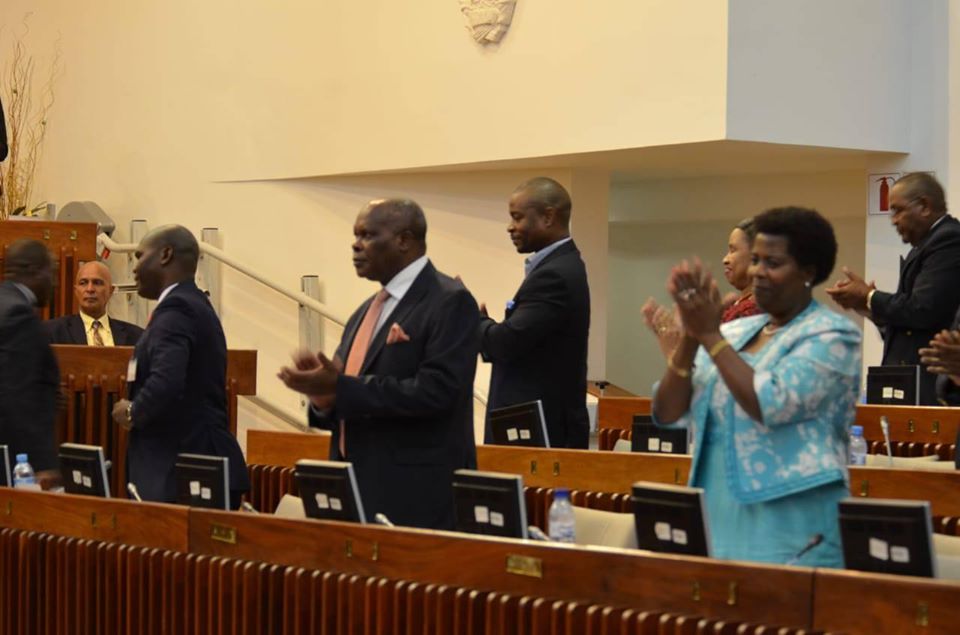




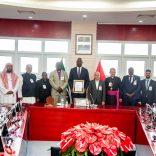





Leave a Reply
Be the First to Comment!
You must be logged in to post a comment.
You must be logged in to post a comment.